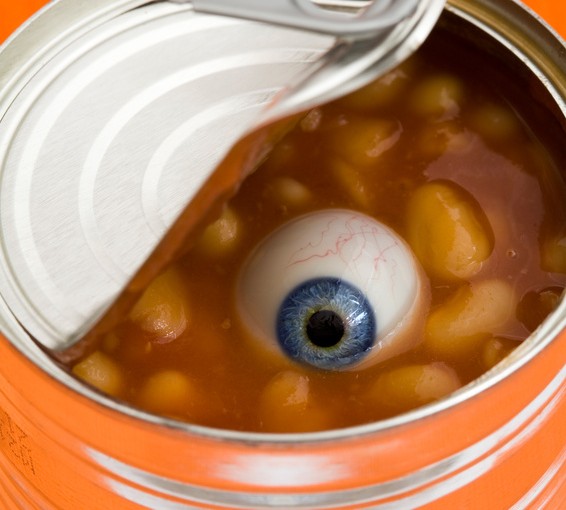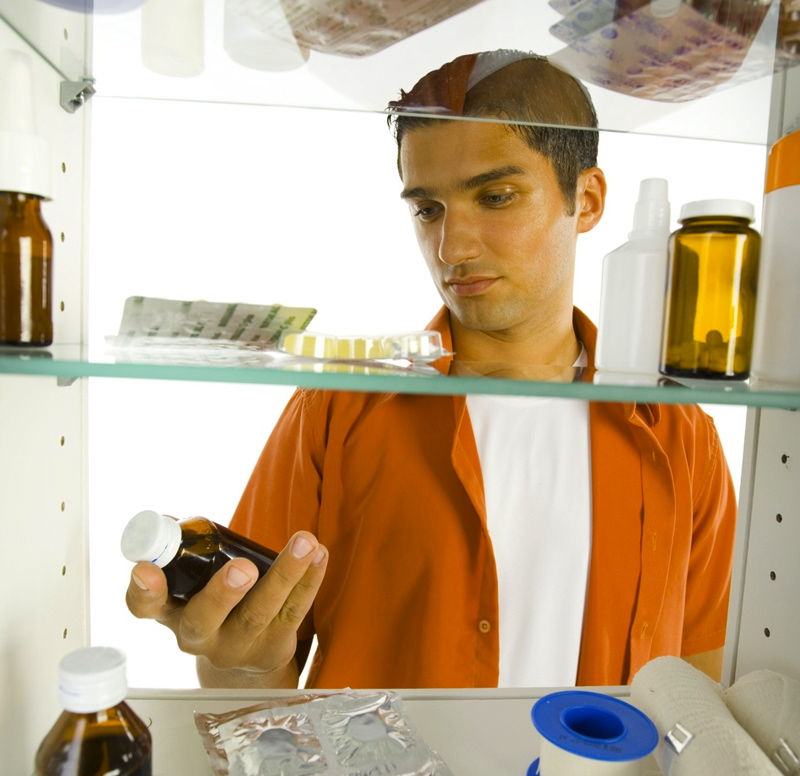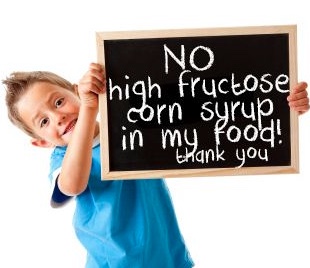
Toxic BPA Levels Increase by 1,221 Percent After Eating Canned Soup
Researchers at the Harvard School of Public Health have found that eating canned soup can cause toxic levels of the chemical BPA (Bisphenol A) in the body. In the study, 75 volunteers ate 12 ounces of soup each day for five days. Researchers found that eating canned soup on a daily basis raised urinary BPA levels by a whopping 1,221 percent!
What is BPA and Where Does It Come From?
BPA is a toxic compound in plastics. It is in plastic containers, food and drink containers, the (white) lining of canned foods, and dental sealants. Studies over the past five years have shown that nearly everyone encounters at least trace amounts of this compound because of the widespread use of plastics, especially in food packaging.
Industries using plastics for packaging, as well as some mainstream medical experts, have long assured the public that small concentrations of BPA do not pose a serious health hazard. However, mounting evidence shows that BPA is a health hazard for adults as well as children.
BPA’s Dangerous Side Effects
Study after study has begun to emerge linking high BPA levels to serious health risks. The following are just a few of the problems caused by BPA:
- High urinary BPA levels have been strongly linked with heart disease and diabetes.
- Prenatal BPA exposure during pregnancy may increase breast cancer risk later in life.
- Prenatal BPA exposure can cause aggressive behavior in toddlers.
- BPA can cause low sperm counts and reduced sperm motility which may lead to male infertility.
- BPA can cause arrhythmia (abnormal heart beat), heart attacks and possibly trigger sudden cardiac death in women because of the way the compound mimics estrogen’s effect on the heart.
How to Lower Your Risk
- Avoid baby formula as much as possible. According to the Environmental Working Group (EWG), all U.S. manufacturers of formula use a BPA containing lining on the metal part of their containers. Breastfeed exclusively if possible, or use a dry formula that is mixed with filtered water.
- Eat fresh, whole food, not (plastic-lined) canned food or drinks.
- Pay attention to the kind of plastics you use for food and drink containers. The most BPA-containing plastics are rigid and clear. They are frequently marked on the bottom with the letters “PC” and the recycling number 7. Plastics with the recycling numbers 1, 2 and 4 on the bottom are better choices.
- Choose safe bottles and safe plastics. Use glass, stainless steel, and “BPA-Free” plastic bottles and food containers.
- Do not use plastic containers to heat food in microwaves. Use ceramic or glass instead.
Source:
https://www.naturalnews.com/034811_BPA_canned_food_soup.html#


